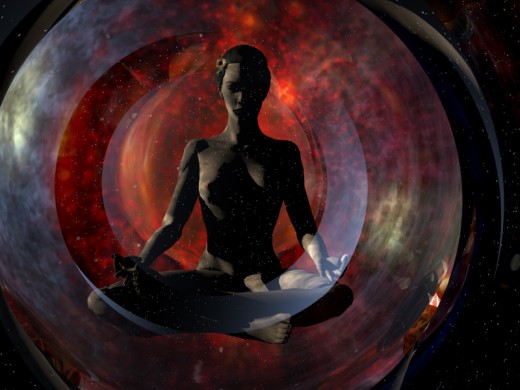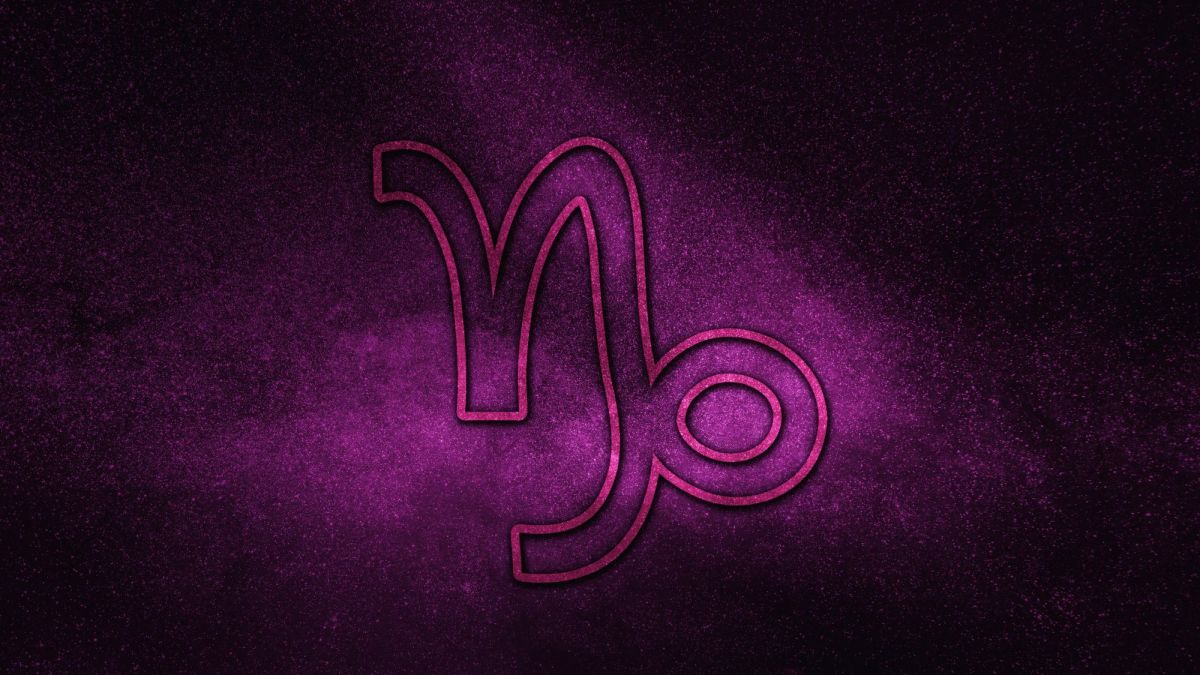The Road To becoming a Warrior Part 6

The word ego in Latin means: I myself. Freud used the terms id ego and superego eventually, but he began with the words: "It", "I" and "the I above the I".
In Freud’s world the it is a set of unconscious needs or trends. We now often call it the subconscious where feelings and instinct come from. The IT wants nothing but pleasure according to Freud. The ego is the self. It is organized and realistic. It is influenced and conditioned by the outside world and the Id or in newer terms: genetic predisposition. Its components include memory, self identity, the consciousness etc.
The super ego is our conscience. Freud said it was what makes us want to follow social and moral rules. His main hypothesis was that these parts of self are all in conflict. The id wanting instant gratification, the ego wanting to rationalise and control/satisfy the id, and the super ego denying the id pleasure for the greater good of the individual and of course society.
A lot of people these days just talk about the subconscious mind the conscious mind and the ego. The ego is seen as evil containing things like selfishness, greed, unfeeling for others, always wanting to be right, etc.
This is not how the Hindus or Buddhists saw ego before the 1920s, as these terms were not around back then. But I think the idea remains the same. There are parts of the self that are in conflict and this causes suffering.
The Existentialists focused on the subjective including the meaning of life or lack of it. It is the individual’s responsibility to find meaning to their lives because there really is no intrinsic meaning. But that will be difficult because they have so many existential obstacles to get around. Some say Buddha taught existentialism in his own way.
Friedrich Nietzsche brought it to a new level when he invented the term and belief of Perspectivism. It is a forerunner to today’s observer driven reality. He said there is no objective truth. Of course the problem with such a statement is that if it is not meant to be a statement of objective fact, then it is gibberish. The statement negates itself if it is a statement of object fact. Such a philosophy denies that there is an underlying reality we can get to or that there is anything remotely akin to truth or object fact.
In a sense a lot of Hinduism tells us the same thing. Life is god’s dream, and we the individuals just an illusion. We are the source and living is a dream or in some cases a nightmare.
But this is an extreme view. Zen teaches us to cut through duality. But these ideas just concentrate on the subjective and ignore the objective. There is no duality to cut through because the opposite has been eliminated. “What is the sound of one hand clapping?” It is but the sound of half a reality.
The truth is always somewhere between the opposites, and inclusive of both. It is neither and it is both. Why throw away one half of reality? Because it is easier than combining them as one. Objective truth seems hard to come by. Yet it isn’t. It is simple. Objective truth is relative to a group of conditions existing and remaining the same, unchanged.
I like using the example of water from a tap. If I got water the last time I turned on the tap, I will always get water from that tap the next time I try it, unless something has changed in the system. This is a simple formula. If the next time I try to I do not get water I know something has changed. If nothing has changed I would still get water. So then I must determine what has changed so I can fix it and get water again.
The difficulty is that while there is an underlying reality, we interpret our experiences and observations according to our conditioning both internal or predisposed and external or environmental. This is what has stirred up so much controversy about what is most influential, nature or nurture? While whatever the real number is, it is somewhere between the two opposites.
So what is the I or self or ego? From the physics standpoint we are just a specific configuration of atoms or energy/matter. We are a conglomeration or colony of cells. If we could see ourselves from the perspective of the cell, what would the human look like? Each cell has a life of its own. It has a birth a life where in it functions and inter relates and communicates, and it eventually dies.
What would we look like from the perspective of the atomic world? I think it would be difficult to tell where the human begins and where the outside ends.
And each cell of our body is changed over time. We are not the same individual we were when we were born, or when we were 7 or when we were 14 or 21. We are entirely different configurations of energy/matter. We lose energy all the time and replenish our energy with food.
So what is this I? A human has several parts. The senses give us a sense of individualism. They tie us up and separate us from the outside world. Memory gives us continuity as it records all that has happened to the individual system through all its incarnations. It provides us with a personal history, recognition of things, concepts, people, etc.
But what finishes and in fact begins the human I is need. We all have them and without them we would not bat an eyelash. We would do nothing at all were it not for stimulus in the form of need. We will not scratch unless we itch. And the resulting feeling of scratching is pleasurable because a need has been fulfilled.
So what are we? Are we an illusion? Zen would tell us yes and no. We are both an illusion and not an illusion at the same time, though not in the same way. We are an illusion in that we are not one sold never changing “I”. We are not an illusion in that we are a system made of systems within systems as is all else. We are part of the totality, but we are not in and of ourselves the totality. Our minds and the I are emergent properties of energy/matter. An I or ego is made up of physical parts, namely the brain and nervous system and senses.
Is there a soul? That I leave to speculation as there is no evidence that there is. All the magic of enlightenment happens in the brain and throughout the body. I am unconcerned whether there is a soul or not. It is an irrelevant question. The souls is not the consciousness or it would be there in dreamless sleep or under aesthetic. Without a physical memory there is no “I”.
The brain is an amazing thing. All animals have one and even a bacteria has to have a rudimentary sense of self in order to survive and a rudimentary awareness just so it does not keep banging it’s head on the same obstacle. In evolutionary terms the brain was developed to be the central processing and control center for the society of cells and processes of the body.
Like a government that believes it is more important than the people it serves, it has come to think of itself as the be all and end all of existence. It has created for itself gods and souls and all manner of ideas that will help it fulfil its new prime directive: that it must survive at all costs even when the body dies. U. G told us about a physical biological enlightenment in which we reverse that situation. He called it the natural man.
For all intents and purposes we must act as if this is it, and when the lights go out it is over. No one gets out of here alive.






